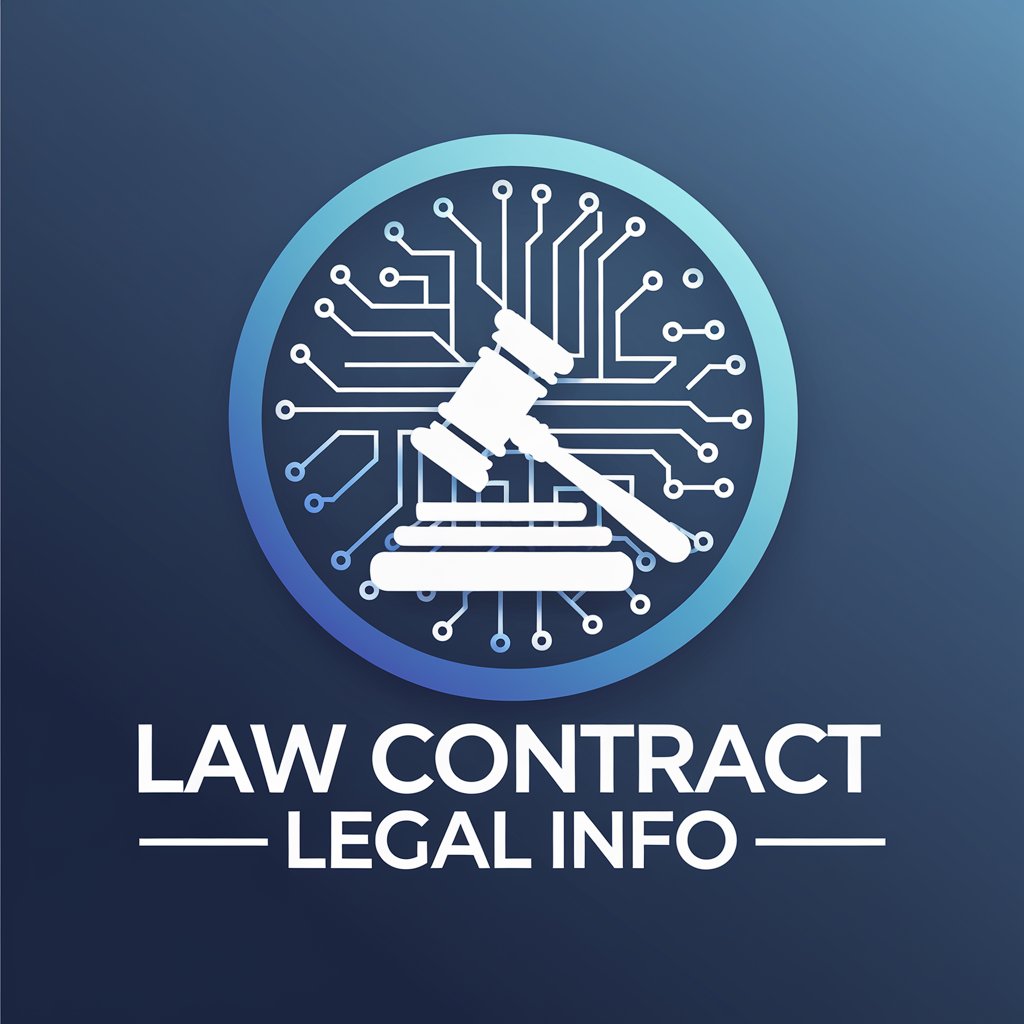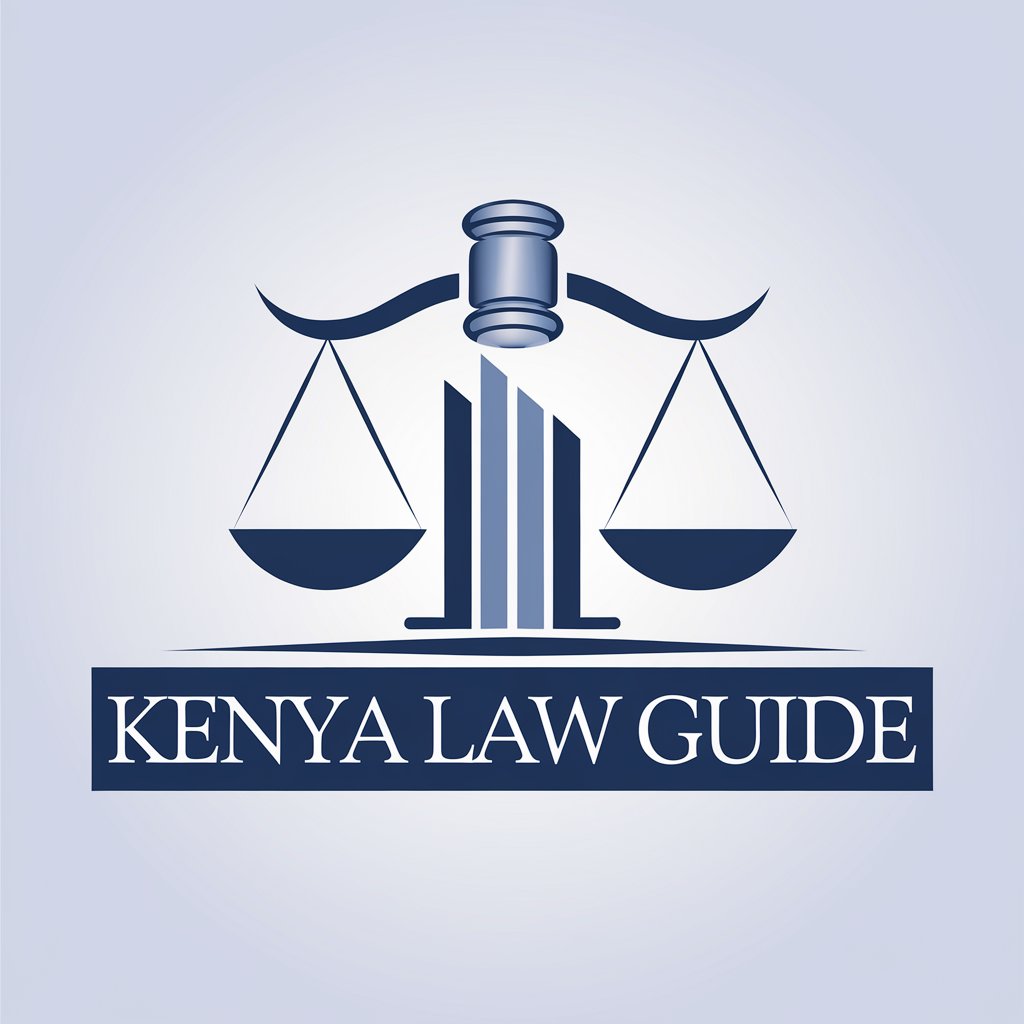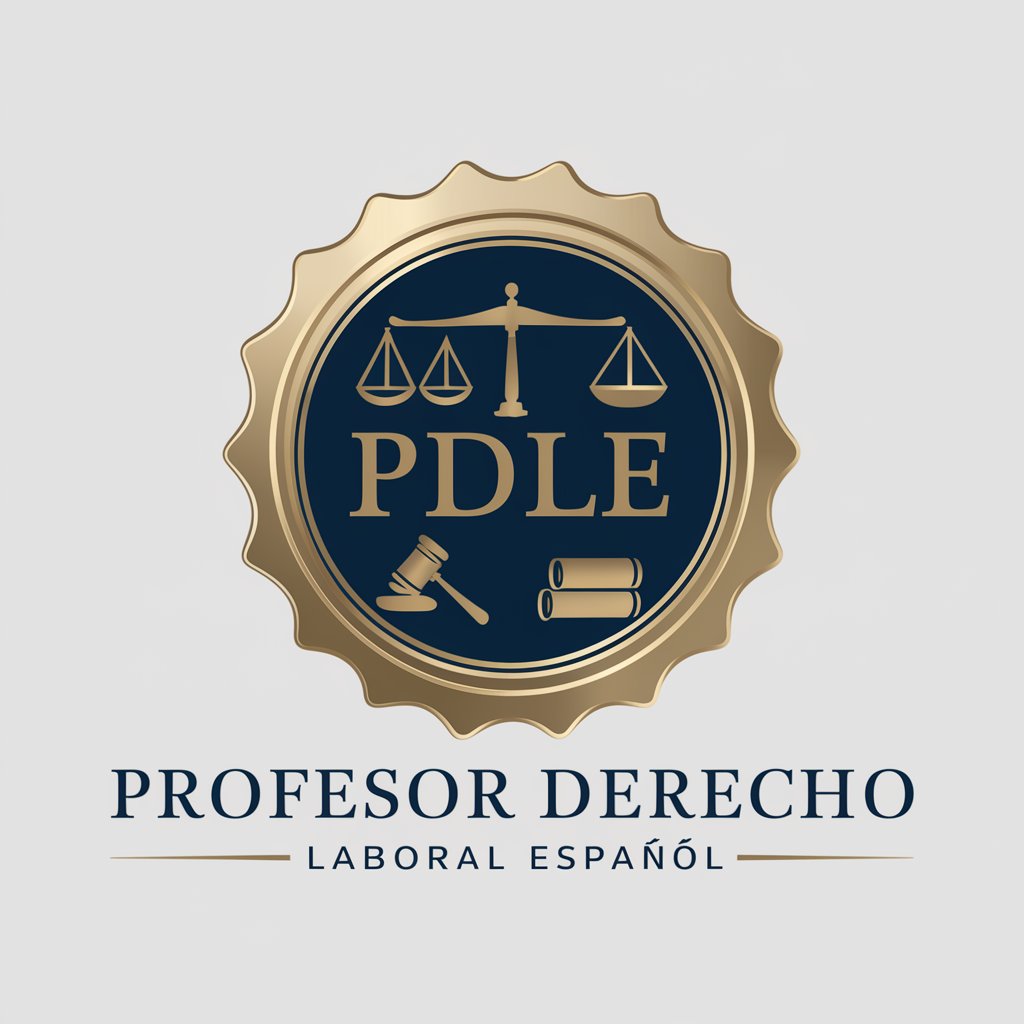
International Law Helper-AI-powered legal insights for global law.
AI-powered International Law Guidance.
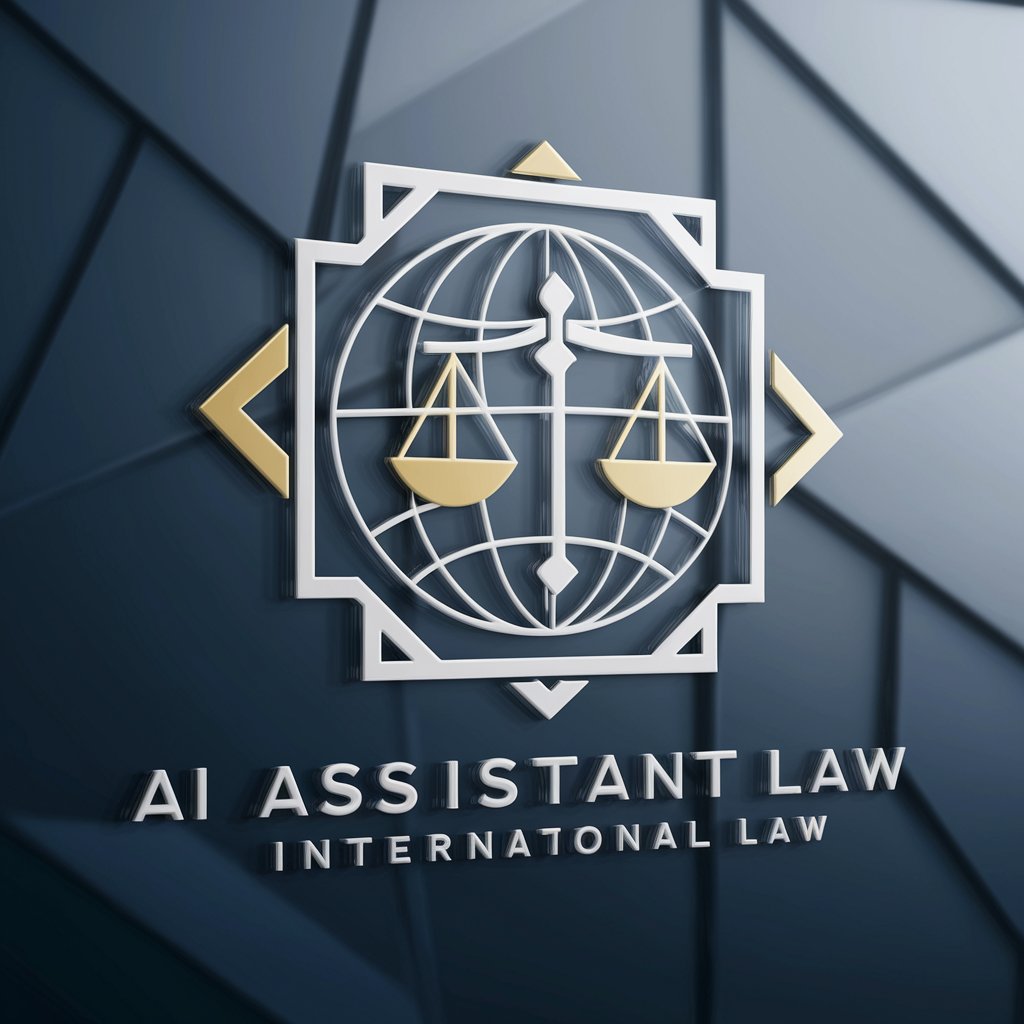
Ask any question on International Law
Get Embed Code
International Law Helper — Purpose and Design Overview
International Law Helper is an AI-powered assistant specifically tailored to support legal research, interpretation, drafting, and strategy development in the field of public international law and related transnational legal issues. It is designed to combine legal-method reasoning (statutory/textual interpretation, treaty analysis, sources-of-law hierarchy) with practical, user-focused outputs (memoranda, annotated citations, clause-drafting, compliance checklists). Its architecture emphasizes: 1) structured legal reasoning — showing steps of analysis (issue, rule, application, conclusion) so users can trace how conclusions were reached; 2) grounded sourcing — identifying primary sources (treaties, conventions, judgments, customary practice) and high-quality secondary materials (treatises, scholarly articles, official state practice); and 3) practical drafting and compliance tooling — producing draft provisions, checklists, and redlines for use in negotiation or litigation. Design purpose examples and scenarios: • Compliance review: A multinational corporation preparing to supply telecommunications hardware to a country with recent export control updates can input the relevant statute or policy text plusInternational Law Helper Overview company facts; International Law Helper will identify potential export-control triggers, map obligations under relevant UN Security Council resolutions or national laws, and produce a red-flag checklist and mitigation options (e.g., additional due diligence, licensing). • Treaty interpretation & litigation support: A government lawyer preparing pleadings before an international court supplies treaty text and factual matrix; the assistant provides interpretation alternatives grounded in the Vienna Convention on the Law of Treaties (textual, teleological, systemic approaches), cites relevant ICJ/ITLOS jurisprudence, and drafts argument outlines and evidentiary lists. • Rapid briefing & capacity building: An NGO facing an urgent mass-displacement situation requests a concise legal brief on non-refoulement, burden-sharing obligations under regional agreements, and sample emergency legal memoranda for local partners; the assistant returns a layered brief (short executive summary, medium-length practitioner guide, long annotated annex with citations and suggested clauses for emergency MOUs). Practical safeguards and limitations: The assistant is a support tool, not a licensed attorney. It should be used to accelerate research, draft iterations, and ideation; final legal advice, high-stakes submissions, or jurisdictionally-specific opinions should be reviewed and approved by qualified counsel. Where the user needs the absolutely latest statutory or case developments, the assistant can perform live searches (when enabled) but will explicitly cite sources and dates so users can verify. Confidentiality practices and how user-supplied documents are handled should be governed by the user's platform policies; the assistant will not retain or reuse user-provided confidential facts beyond the live session unless explicitly configured to do so by the platform.
Core functions and concrete applications
Legal Research & Source Mapping
Example
Given a question about state responsibility for cyber operations, International Law Helper will locate primary materials (relevant UN General Assembly and Security Council resolutions, ICJ or national decisions, Tallinn Manual excerpts where appropriate), summarize each source’s relevance, and produce a short memorandum that weighs competing interpretations (attribution standards, due diligence, countermeasures).
Scenario
A ministry of foreign affairs receives reports that a foreign actor used malware to damage critical infrastructure. The ministry asks for a rapid legal memorandum: what standards of attribution exist; when may countermeasures lawfully be taken; and what obligations to notify or cooperate with international bodies apply? The assistant returns: (a) a prioritized list of authorities; (b) a short legal conclusion with confidence levels; (c) practical next steps for evidence collection and diplomacy.
Drafting & Redlining of Instruments
Example
Drafting a bilateral investment treaty (BIT) clause — the assistant can produce multiple alternative formulations for key provisions (e.g., fair and equitable treatment, umbrella clause, MFN clauses, investor-state dispute settlement), explain risks and negotiating trade-offs for each variant, and generate a redline comparing two draft versions.
Scenario
A state negotiator wants a modern BIT that limits exposure to investor-state arbitration while preserving market access. The assistant produces: (i) model language for narrow investor definition and exhaustion of local remedies; (ii) carve-outs for regulatory measures related to public health and environment; (iii) a negotiating memo listing likely investor counter-proposals and suggested responses.
Compliance, Due Diligence & Capacity Tools
Example
Create jurisdiction-specific checklists and compliance matrices: for example, an export controls due diligence matrix that cross-references controlled items, destination country restrictions, end-user checks, and required licensing procedures.
Scenario
An international bank needs to update its anti-money-laundering (AML) and sanctions compliance program after sanctions changes affecting country X. The assistant: (a) compiles the relevant sanctioning instruments and their operative prohibitions; (b) translates them into internal policy steps (screening triggers, transaction thresholds, escalation flows); and (c) produces staff training slides and a sample internal notice for affected business lines.
Primary user groups who benefit most
Government lawyers, treaty negotiators, and regulatory agencies
Why they benefit: These users require precise, source-based legal reasoning, fast synthesis of international instruments and precedent, and practical drafting templates. International Law Helper helps with negotiation prep (options and trade-offs for treaty language), litigation briefs (legal memory and judicial citation), regulatory impact assessments (mapping treaty obligations to domestic rules), and urgent policy advisories. Example roles: foreign ministry counsel, trade negotiator, regulatory compliance team drafting implementing legislation, legal advisers at justice ministries. The assistant speeds work by producing annotated drafts, precedent lists, and suggested negotiation positions tied to legal doctrine.
International litigators, NGOs, academics, and corporate counsel working on transnational issues
Why they benefit: These professionals need structured analysis, persuasive drafting, and tailored compliance solutions. NGOs and human-rights defenders can use it to prepare legal submissions, amicus briefs, and country-condition reports; academics can use it for literature reviews, comparative analysis, and teaching materials; corporate counsel can use it for cross-border risk assessments, contract risk allocation, and regulatory compliance. The assistant provides layered outputs (executive summaries, practitioner checklists, and full annotated research annexes) so different stakeholders can use the same product according to their needs.
How to Use International Law Helper
Visit aichatonline.org for a free trial withoutInternational Law Helper Guide logging in, no ChatGPT Plus required.
To get started, go to the official website, aichatonline.org, where you can access a free trial version of the International Law Helper tool. There's no need for an account or any subscription, and you won't need a premium version like ChatGPT Plus to use the trial.
Select a specific legal inquiry or case.
Once on the platform, you can either input a specific legal question or case scenario. International Law Helper supports a wide variety of use cases ranging from general legal inquiries to more complex international law cases.
Choose from available law categories.
You'll be prompted to select from various categories such as International Human Rights, Trade Law, Diplomatic Relations, Environmental Law, or Conflict Resolution. This ensures the AI provides targeted insights based on the context of your query.
Review AI-generated recommendations.
After selecting the category and submitting your query, the AI will process your request and generate detailed recommendations, summaries, or case analysis. You can review theInternational Law Helper Guide AI’s output and refine your inquiry if needed.
Use advanced features for customization.
For more tailored results, you can use advanced features such as specifying particular jurisdictions, legal frameworks, or incorporating previous legal precedents. This allows for a more precise and relevant response to your specific needs.
Try other advanced and practical GPTs
בעברית GPT צ'אט
Your Hebrew AI assistant for seamless communication.

Asistente de Probabilidad y Estadística
AI-driven statistical solutions at your fingertips.
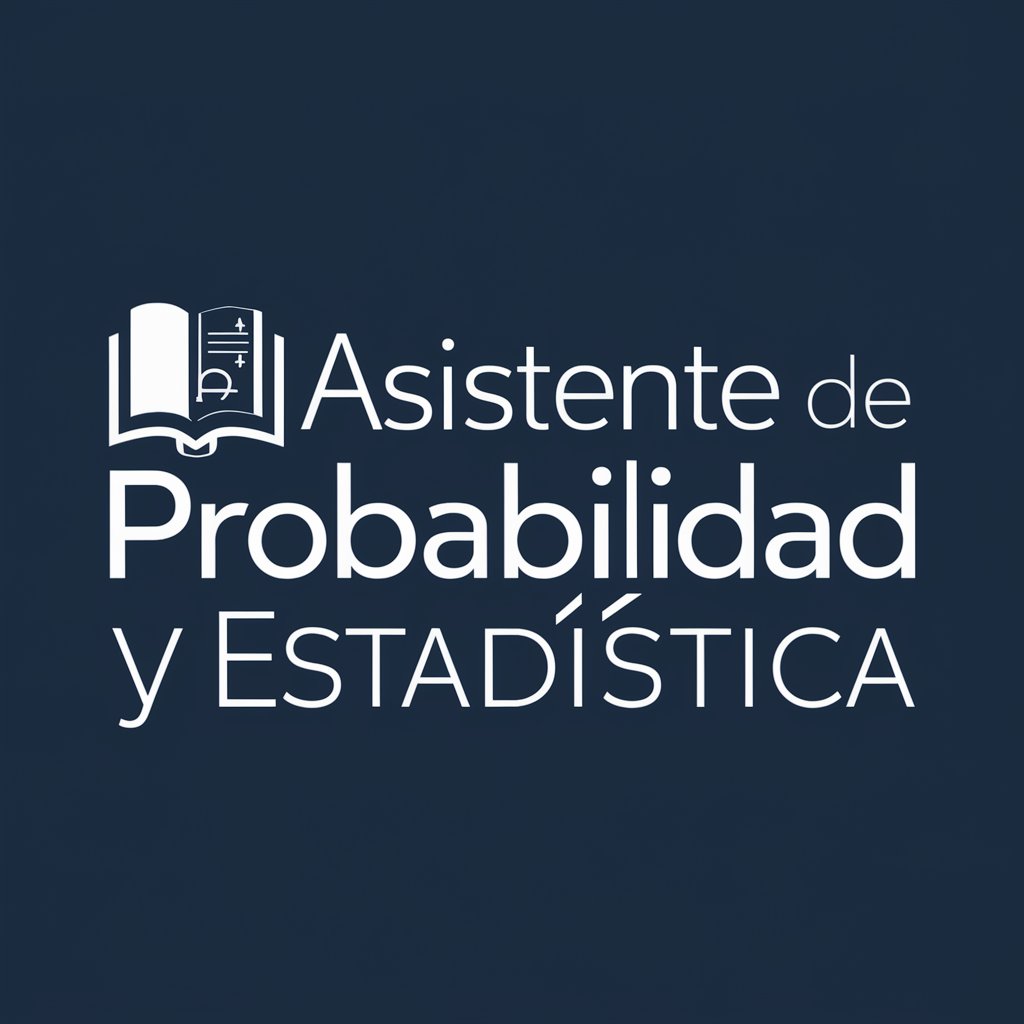
AEM Developer GPT by SourcedCode.com
AI-powered AEM code generation and debugging.

Autolisp Generator
AI-powered AutoLISP generation for faster CAD automation
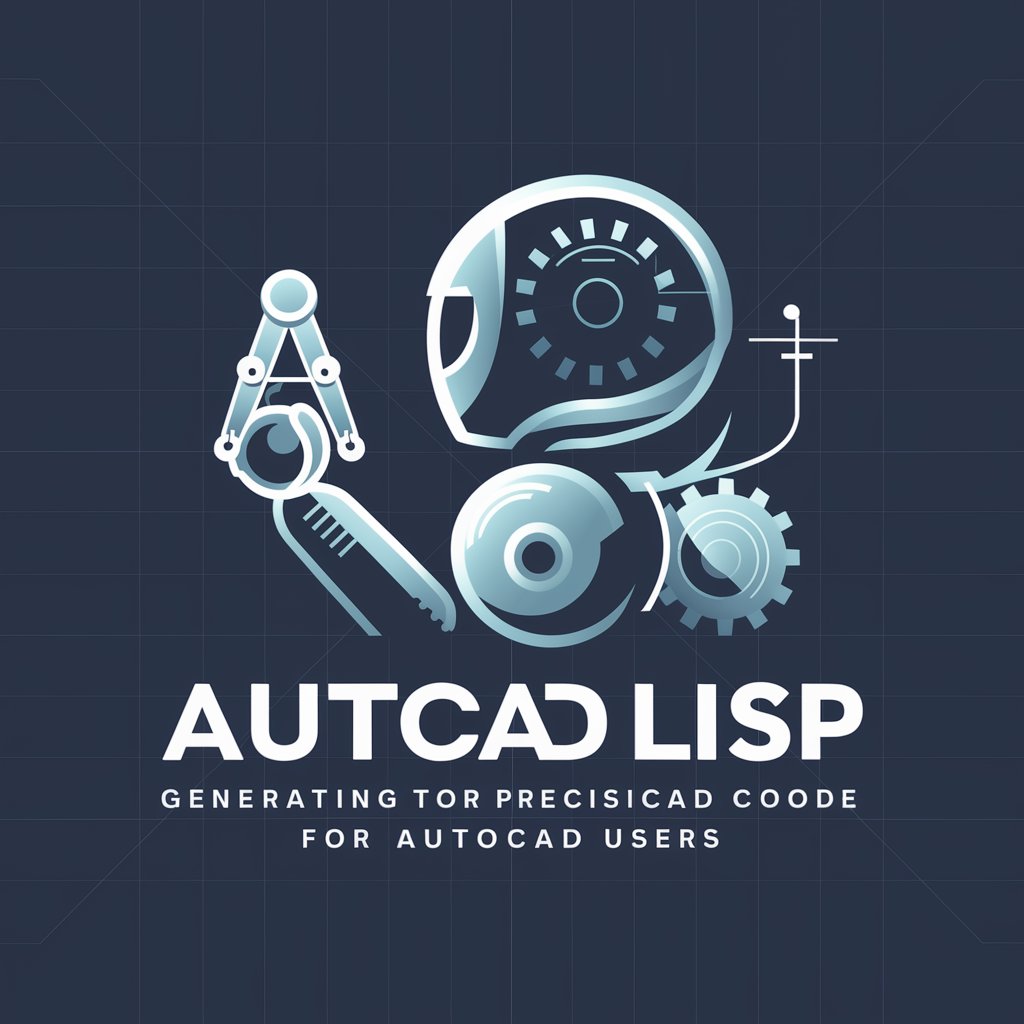
Physics calculator
Solve physics problems with AI-powered precision.

Kahoot-Builder
Create interactive quizzes with AI precision.
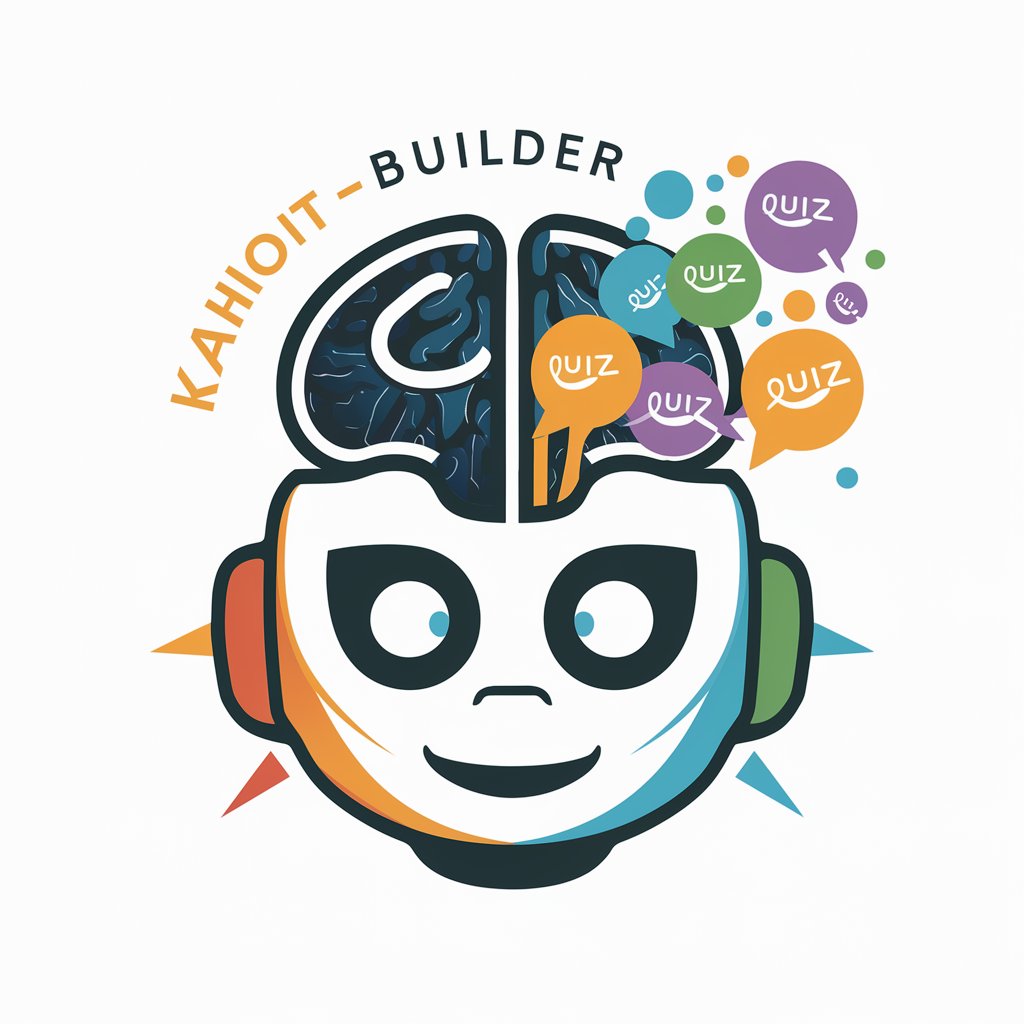
2how MJ Architect
AI-powered prompt generator for architectural photography

Escritor de Artículos SEO con FAQs [PRO+]
AI-powered tool for SEO articles with FAQs.
![Escritor de Artículos SEO con FAQs [PRO+]](https://r2.erweima.ai/i/8tXLQWCDRJmWBVDF6_b4Aw.png)
👩⚖️🧑⚖️Correção jurídica rigorosa
AI-powered legal text correction tool

PDF to Audiobook Transformer
AI-powered PDF to audiobook conversion.
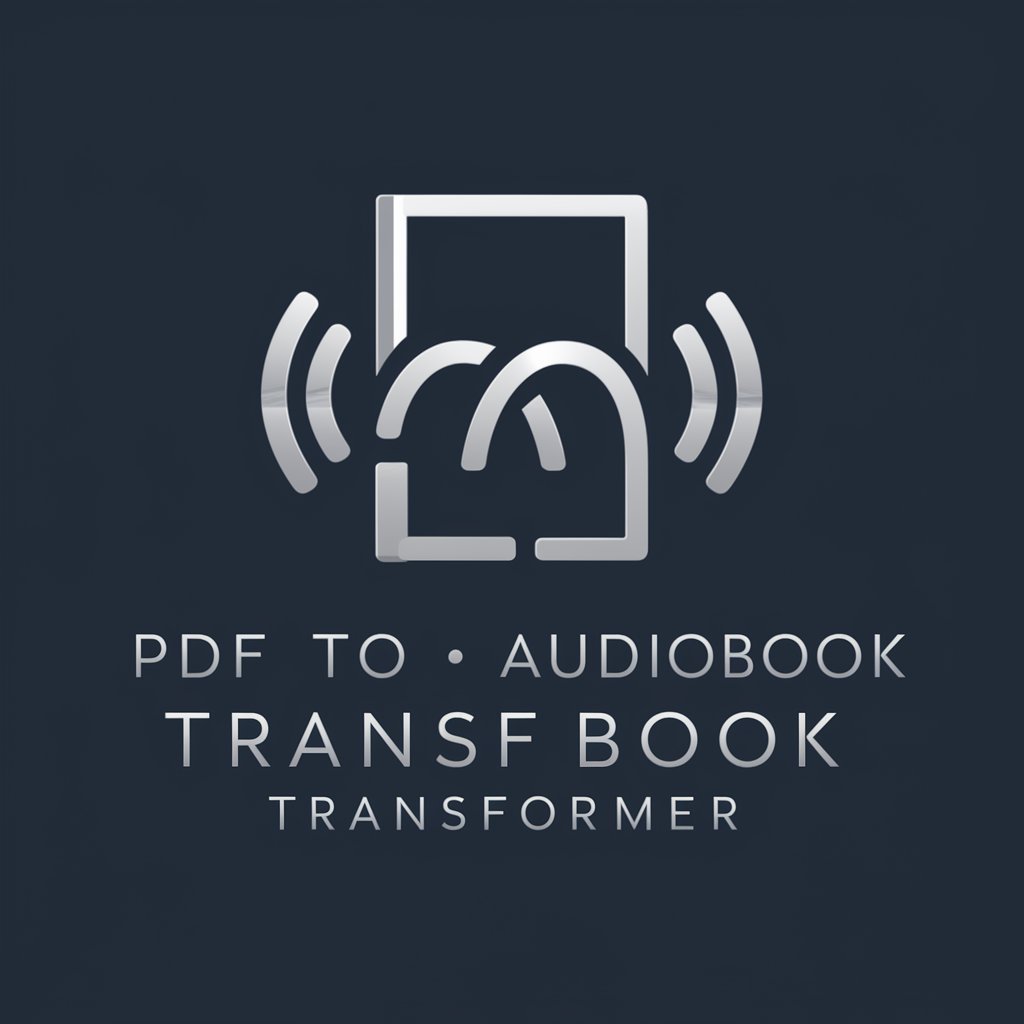
QuantConnect Python Guru
AI-powered strategy building and optimization.

IB Math AA HL Chad Mentor
AI-powered math tutoring for IB success.
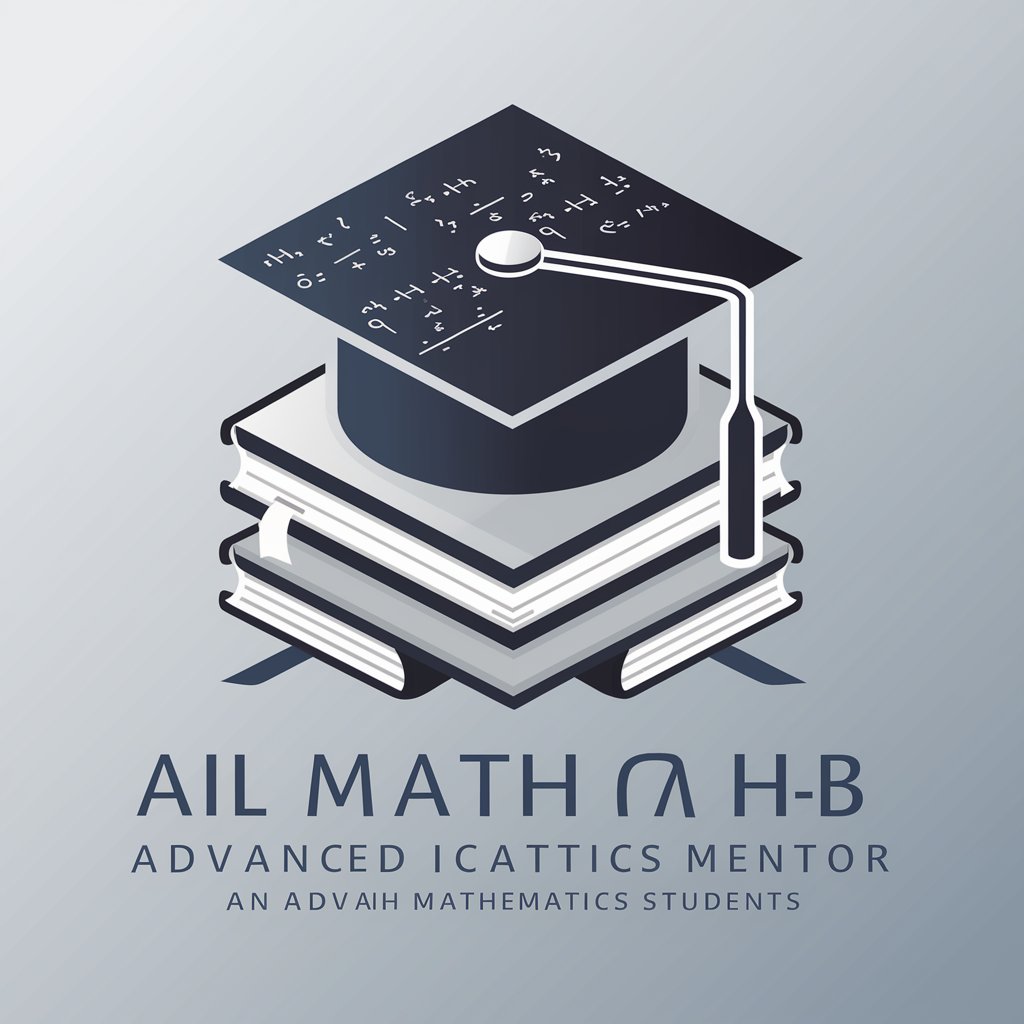
- Academic Writing
- Legal Research
- Case Analysis
- International Trade
- Diplomatic Relations
Frequently Asked Questions about International Law Helper
How accurate are the legal recommendations provided by International Law Helper?
The AI uses extensive legal databases, including international law treaties, cases, and scholarly publications, to generate highly accurate and contextually relevant recommendations. While it’s not a substitute for professional legal advice, it provides valuable insights and can guide you in understanding legal principles and frameworks.
Can I use International Law Helper for academic purposes?
Yes, International Law Helper is an excellent tool for academic writing, providing resources for research, citation, and detailed analysis of legal theories and international law principles. It helps students and researchers develop a deeper understanding of the subject matter.
Is the tool available for free permanently?
International Law Helper offers a free trial that allows you to explore its core features without any login or subscription. However, for more advanced capabilities, including longer queries and deeper insights, a subscription may be required after the trial period.
How does International Law Helper handle updates to legal information?
The tool is regularly updated to reflect the latest developments in international law, including treaties, cases, and legal precedents. The AI algorithms integrate real-time data and legal updates from trusted sources to ensure the most current and accurate legal recommendations.
Can I ask about specific legal jurisdictions or regions?
Yes, you can specify particular jurisdictions or legal systems in your query. International Law Helper allows users to tailor responses based on country-specific laws, regional agreements, and international conventions, providing a global perspective in legal analysis.

